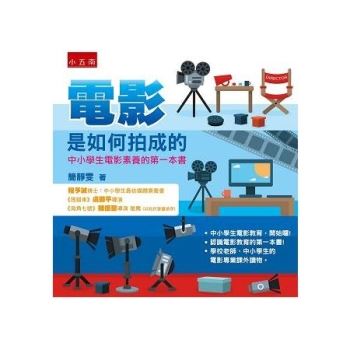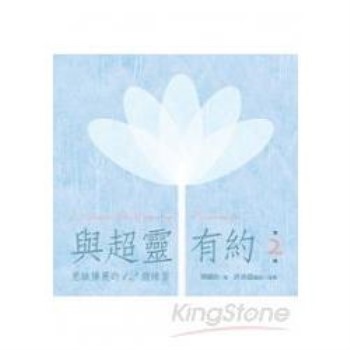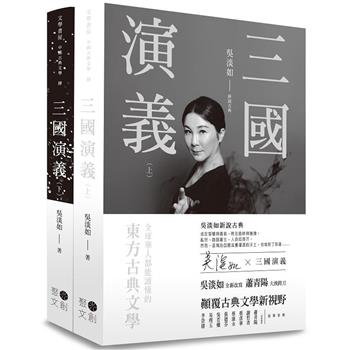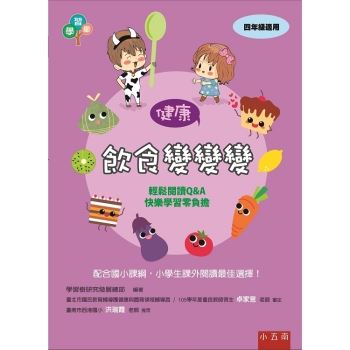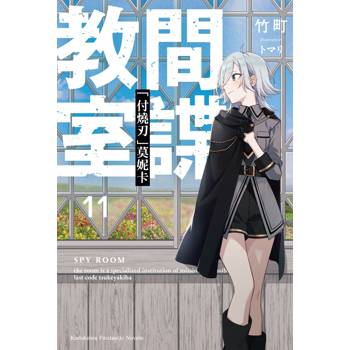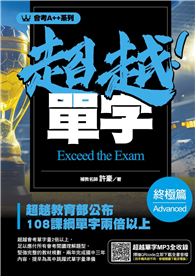This book explores the indigenous peace cultures of the major ethnic groups in South Sudan (Dinka, Nuer, Anuak and Acholi) and analyses their contribution to resolving the civil war.
The book utilises qualitative narrative inquiry ethnographic methods to explore the indigenous institutions and customs (customary laws, beliefs and practices) employed in resolving ethnic conflicts and argues for their application in civil war resolution. This book contributes to the decolonial literature/knowledge by discussing the subtle norms, the role of youth, women, and elders, the concepts of resilience and proximity, and their significance in peacebuilding. The book shows that for sustainable peace to happen, subtle roles and disputants’ indigenous knowledge should be part of national peace negotiation strategies.
This book will interest NGOs, students and scholars of indigenous knowledge, women, youth, conflict and peacebuilding, African Studies and Development in the Horn of Africa and sub-Sahara regions.
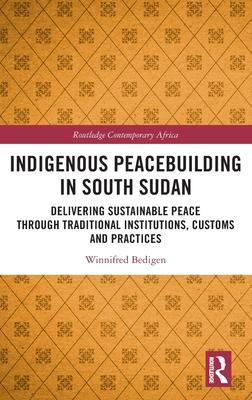
 共
共 